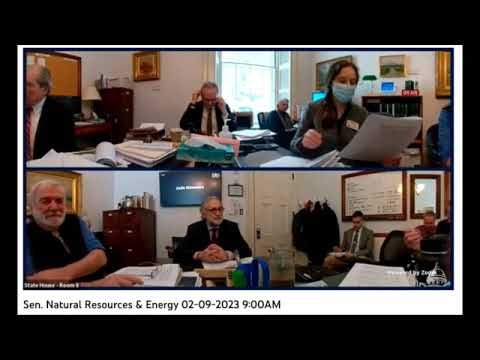In the wake of the recent floods in Vermont, it is no surprise that the climate change activists have gone into “See! See! See!” mode and are labeling anyone who disagrees with their conclusions as a “denier.” In two separate op-eds, two state senators, Dick McCormack (D-Windsor) and Tanya Vyhovsky (D/P-Chittenden Central) tried to equate the scientific…
Keep reading with a 7-day free trial
Subscribe to Behind the Lines: Rob Roper on Vermont Politics to keep reading this post and get 7 days of free access to the full post archives.



